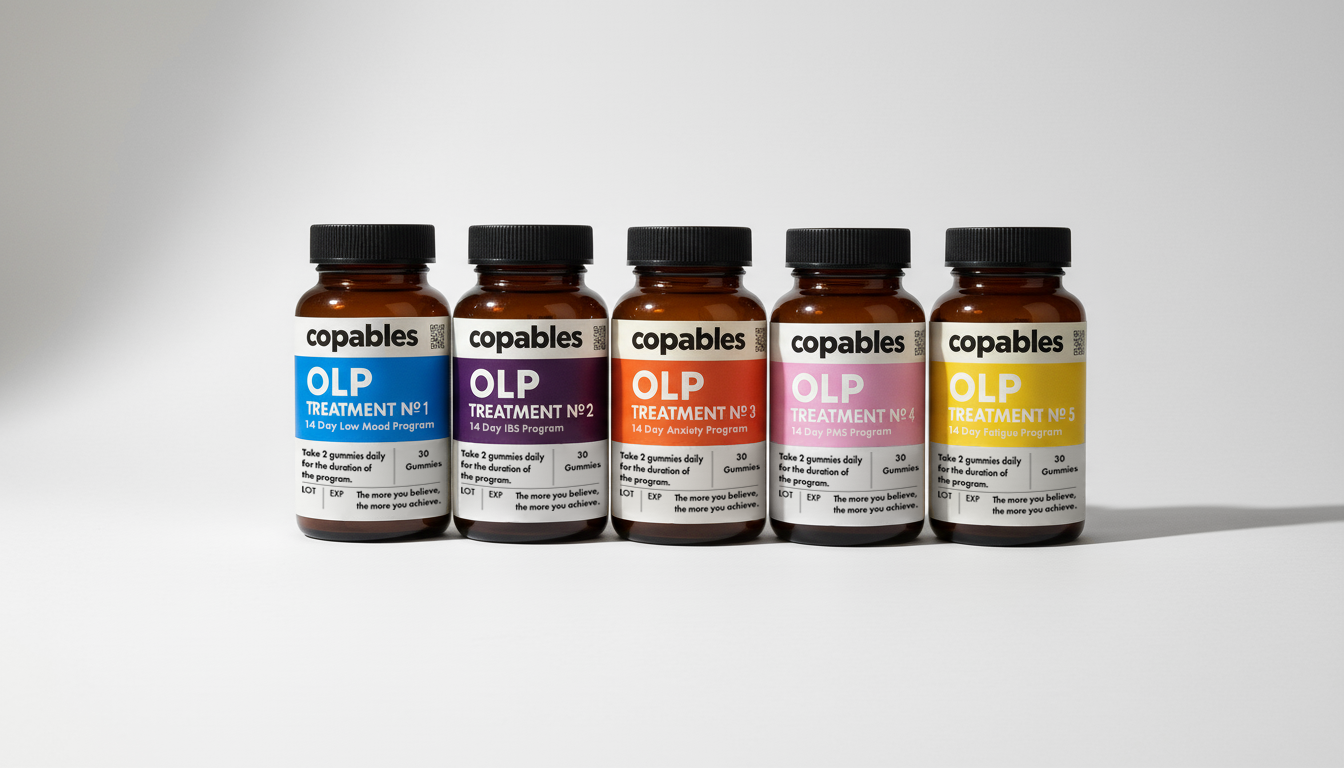
On a sweltering July afternoon, engineer Marcus Lee found himself trapped in a relentless mental loop. A critical email at work triggered a surge of anxiety, which led him to replay worst-case scenarios on a loop through the evening. His heart pounded, muscles tensed, and sleep evaporated. By morning, he felt exhausted—and even more on edge.
Marcus’s story isn’t unique. Our brains are wired to learn from experience, but when negative thoughts and emotions take hold, they can spiral into self-reinforcing cycles. A single stressful event can echo through our nervous system, amplifying pain, anxiety, or depression long after the trigger has passed. Breaking these loops feels impossible: thinking about stress causes stress, which causes more worrying thoughts.
Enter cognitive behavioral therapy (CBT) and the surprising power of placebo rituals. Both offer practical ways to “reset” your nervous system, replacing reaction with regulation. The key lies in interrupting the feedback loops that keep you stuck—and teaching your brain a new pattern: noting your stress, pausing, then choosing a calmer response.
CBT does this through deliberate reframing. Imagine Marcus sits down each evening to track his anxious thoughts: “I’m going to fail,” “People will judge me.” CBT teaches him to challenge these beliefs with evidence: “Last year I handled a worse project and succeeded,” or “My teammates have praised my work.” By practicing this reframing, Marcus begins to notice the pattern: stress leads to negative thoughts, which fuel more stress. Over weeks, rerouting that pattern lowers his baseline anxiety by an average of 30% in clinical trials.
But reframing only goes so far if your body isn’t able to exit fight-or-flight mode. That’s where placebo rituals can help. In Austrian research, patients added honest placebo to their CBT homework. The act of taking the placebo, paired with a brief breathing exercise, became a ritual cue that signaling “time to shift” the nervous system. Remarkably, these patients experienced 44% greater symptom reduction versus CBT alone.
Why does it work? Neuroscience shows that rituals (repeated, meaningful actions) activate the brain’s “safety circuitry,” dampening stress responses in the amygdala and boosting prefrontal regions that govern self-control. Taking a placebo with intention becomes a conditioning cue: your body learns that when you perform this ritual, it’s safe to relax.
Over time, your brain associates the ritual with reduced arousal, helping you break free from rumination loops.
Another crucial technique is exposure and response prevention, borrowed from CBT. If Marcus fears criticism, he might deliberately send a draft email labeled “feedback welcome” and observe his anxiety peak, then choose not to edit obsessively. Each time he resists the urge to ruminate, he trains his nervous system to tolerate uncertainty and resets the feedback loop.
Finally, build “reset anchors” into daily life. At set times—perhaps morning coffee or the end of work—pause for your ritual and a quick check-in: rate your stress on a 1–10 scale, then perform your ritual. This regular interruption prevents stress from accumulating unnoticed, keeping your brain flexible instead of stuck.
In the end, breaking painful feedback loops isn’t about eliminating stress; it’s about teaching your brain a new pattern. CBT provides the reframing tools to challenge harmful thoughts, while placebo rituals offer a powerful cue to shift your nervous system from reaction to regulation. Together, they transform stress from a trap into a teachable moment—proving that even the most entrenched mental habits can be rewired with intention, practice, and a little paradoxical honesty.
Sources: